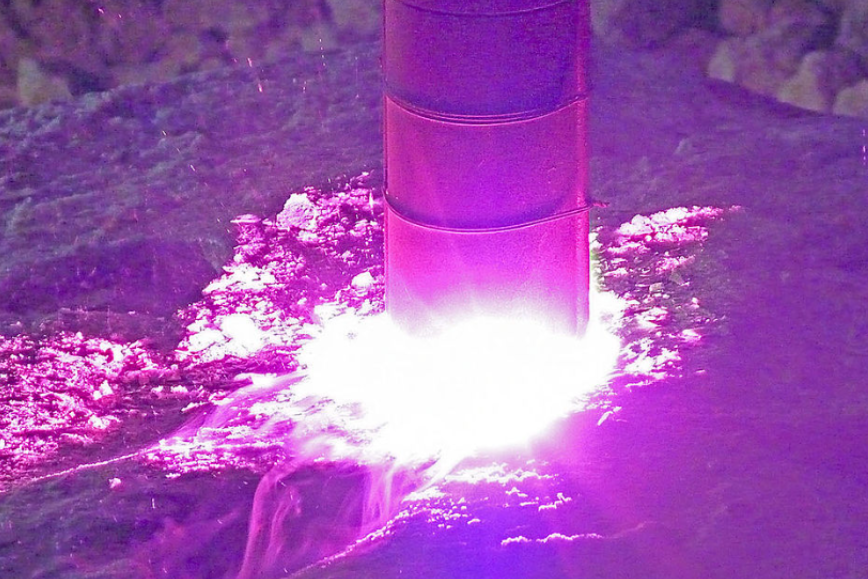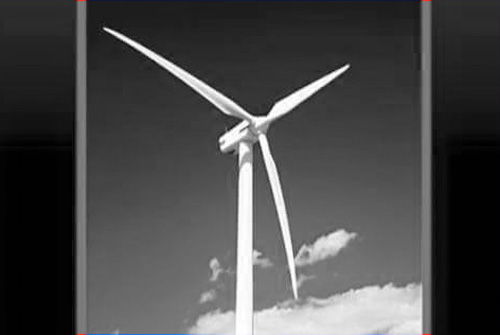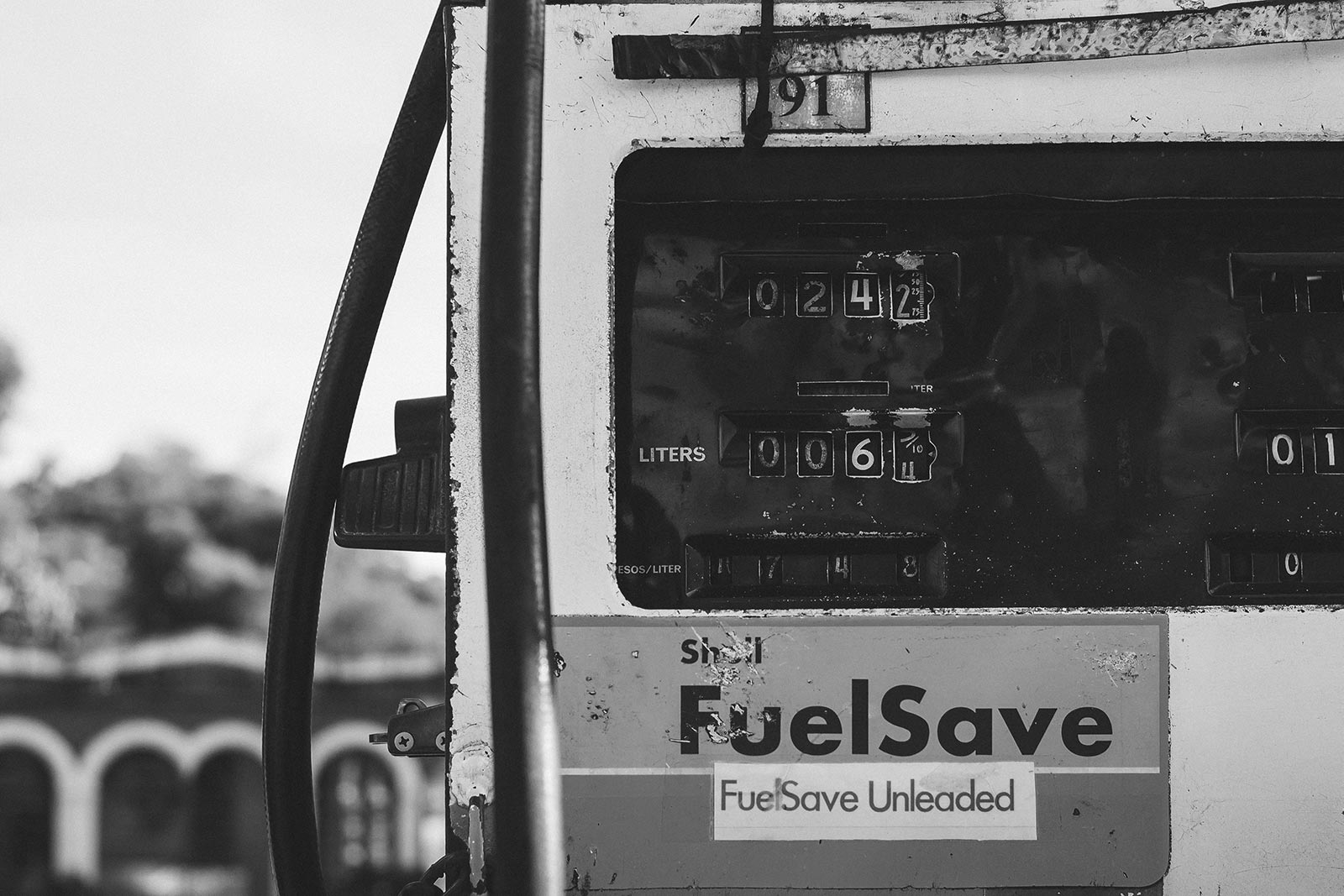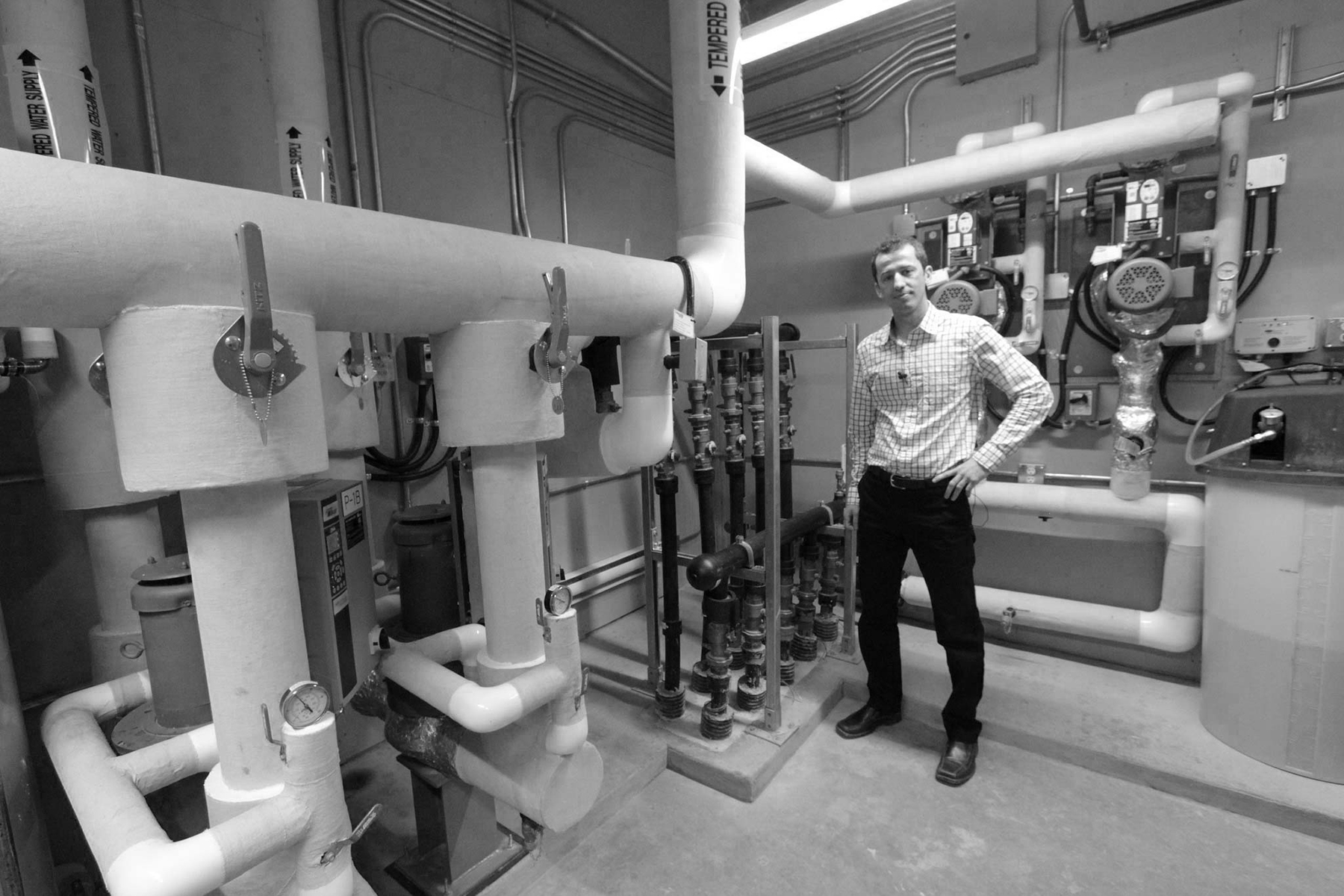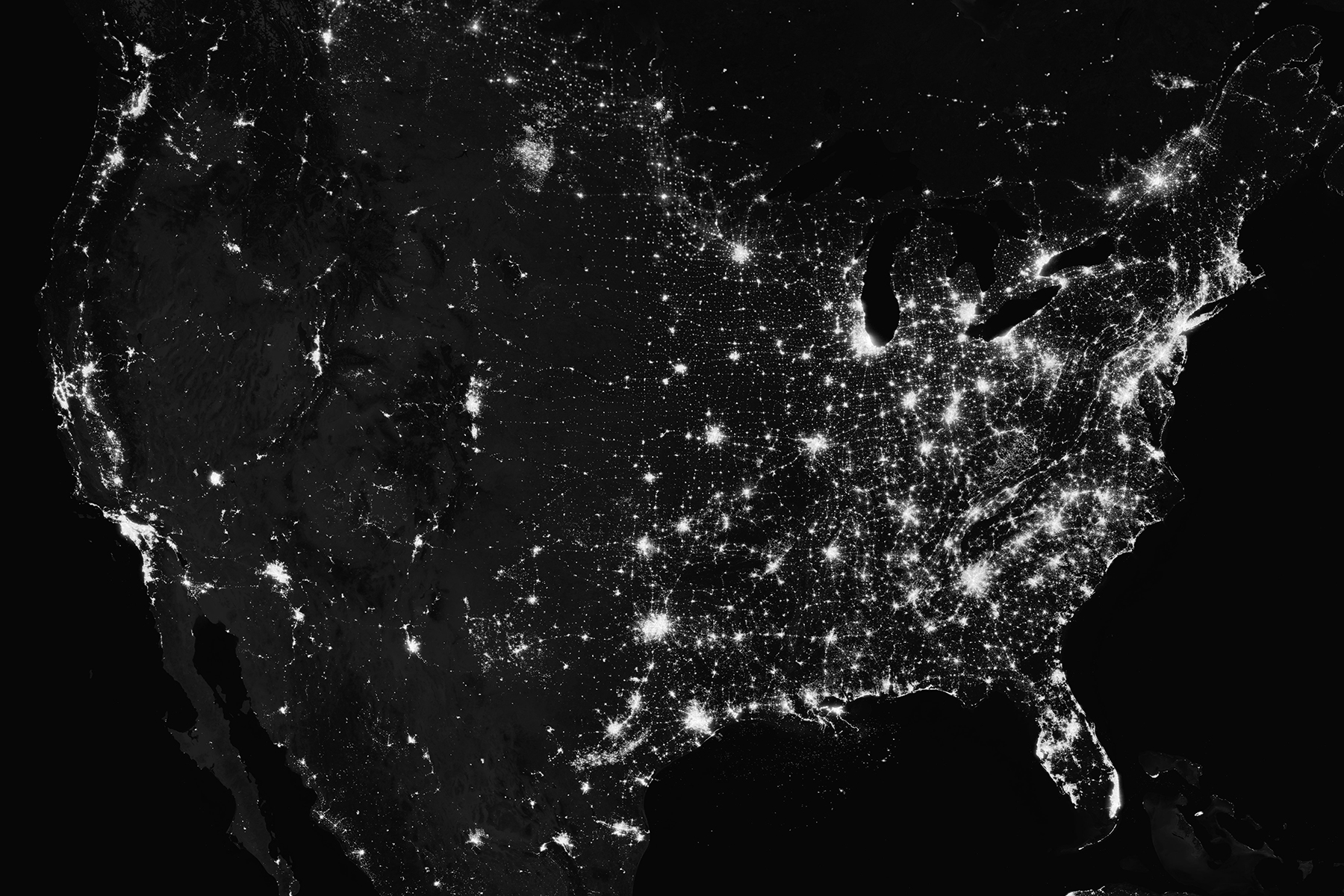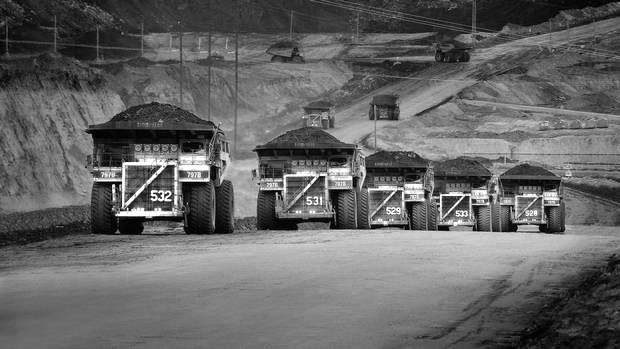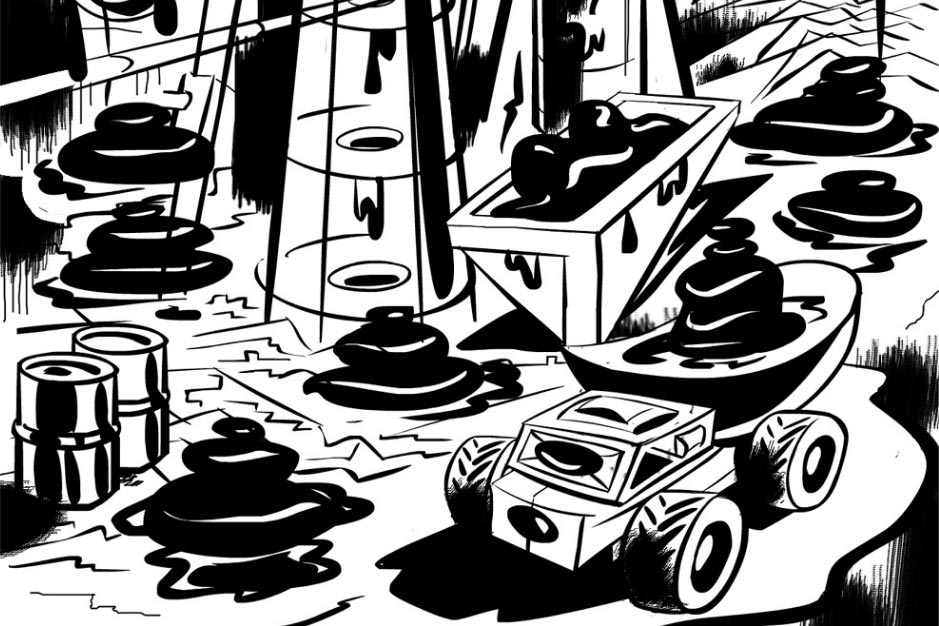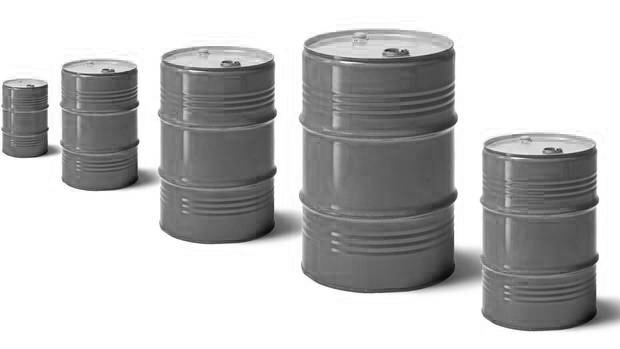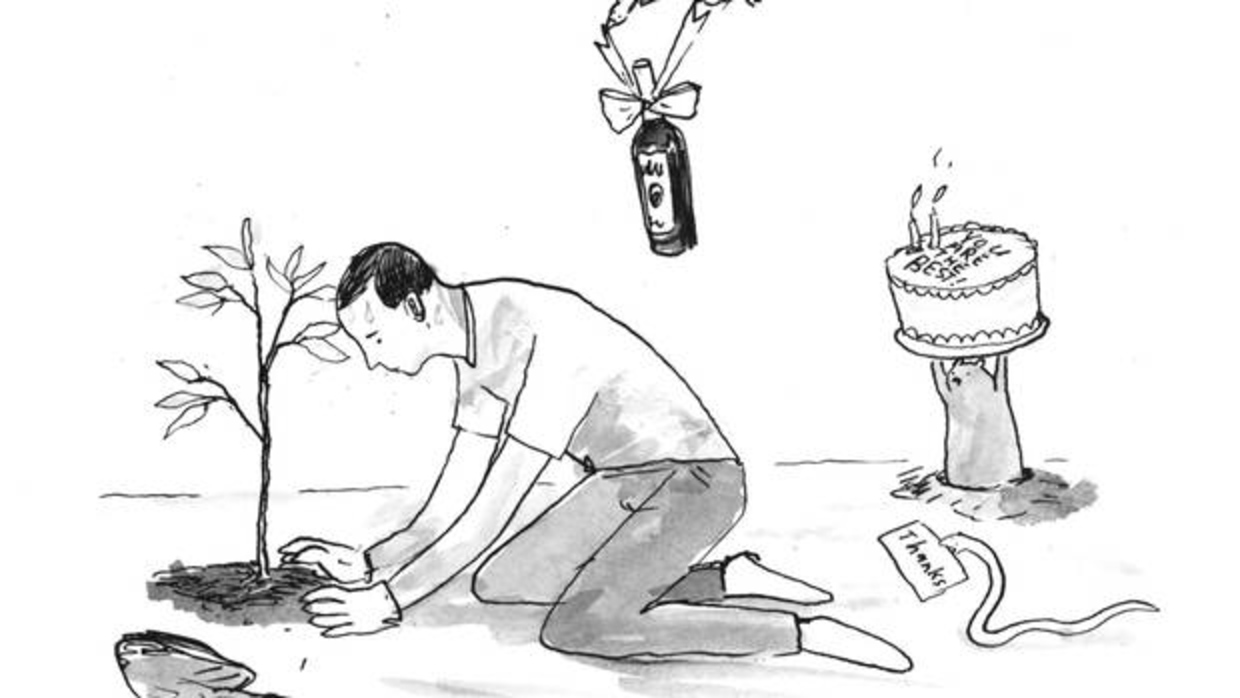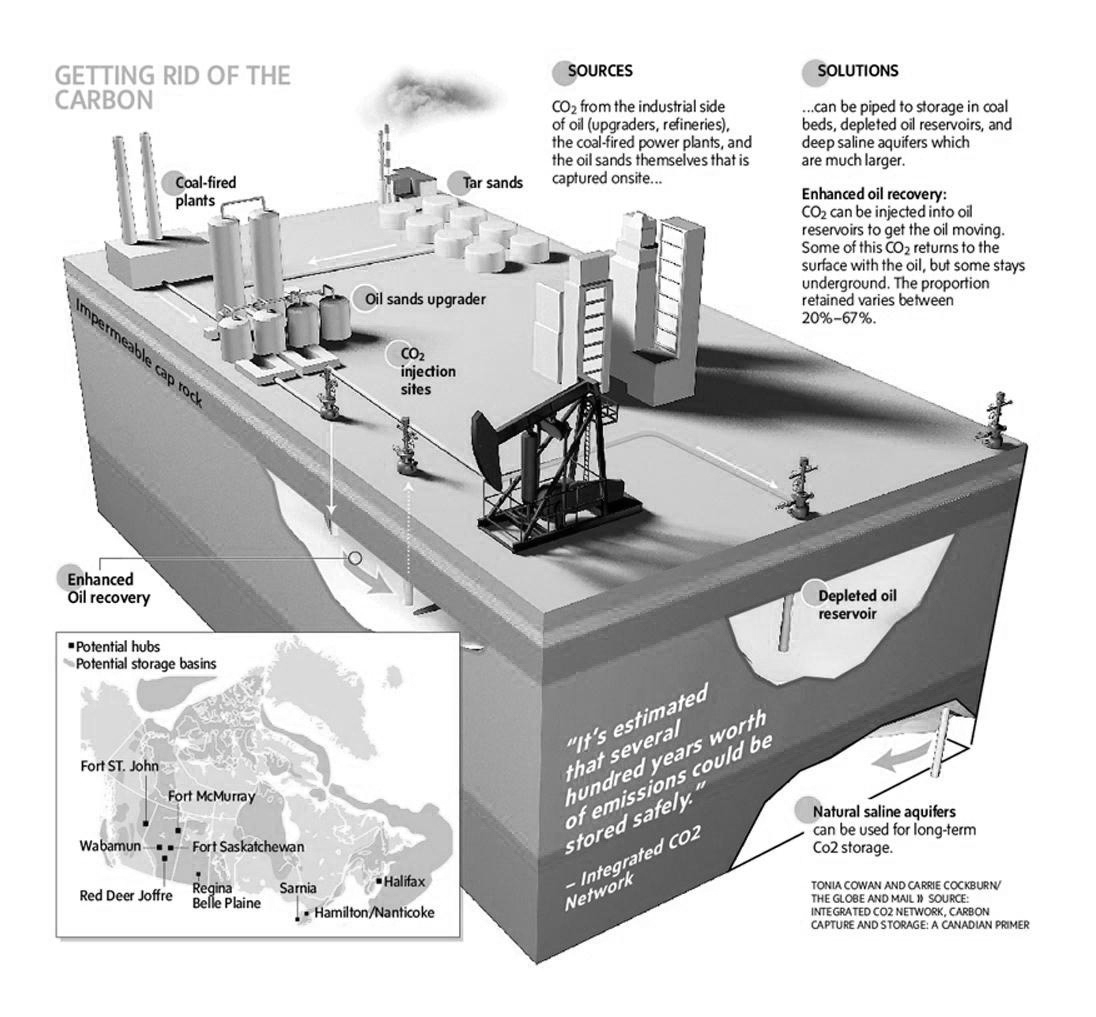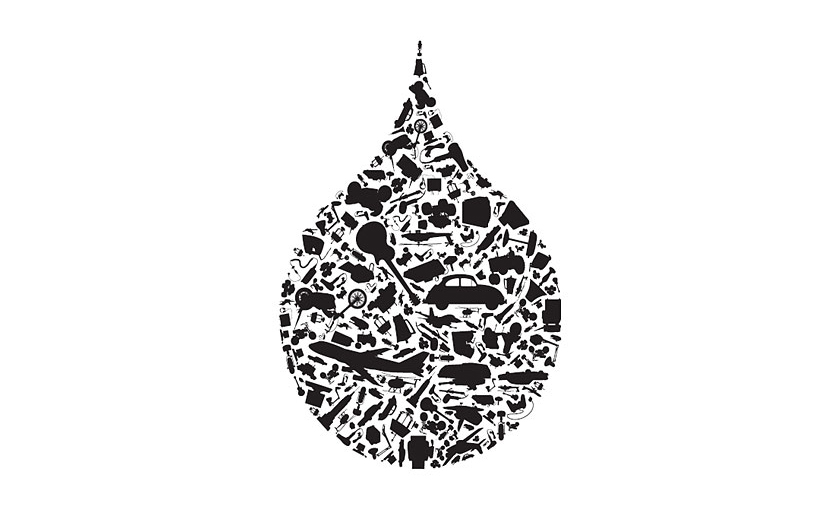GENERAL
energy
A big bet on geothermal could help prevent a climate catastrophe
Directly under our feet, there’s enough heat emanating from the planet’s core to satisfy humanity’s future zero-carbon electricity needs thousands of times over.
The great Canadian climate delusion
with Yonatan Strauch | Is Canada going to be the first country to break apart over the issue of climate change? That may seem like a hyperbolic question. But the fissures in our federation over climate and energy policy are now extraordinarily deep, and there’s little sign that they’ll close soon.
No . . . I did not say wind energy is ‘Idiot Power’
A poster widely circulated on the web highlights text that was purportedly written by me saying that wind power inevitably suffers an energetic deficit. The poster is fraudulent.
Alberta’s economic future in peril without shift away from fossil fuel
by Gordon Kent | Alberta needs to start shifting quickly out of the oilsands to avoid serious economic trouble as the world moves away from fossil fuels, a University of Waterloo professor says.
How Alberta could champion a new energy source
Albertans may well wonder if a plague of locusts will come next. From the 2013 floods, to the oil price collapse and the resulting fiscal crisis, to the Fort McMurray fires, the province has taken some heavy blows.
Scientists Call for an Oil Sands Moratorium
Consensus statement says the science is clear: there can be no more oils sands development if we are to solve the global climate crisis.
Consider the Global Impacts of Oil Pipelines
Wendy Palen, Thomas Homer-Dixon, et al. | As scientists spanning diverse disciplines, we urge North American leaders to take a step back: no new oil-sands projects should move forward unless developments are consistent with national and international commitments to reducing carbon pollution.
See Past the Fracking Hype
For years, NASA has produced a composite photograph of North America at night. Recently something strange has appeared in this image. Another patch of light—larger than Chicago’s—now glows in a sparsely populated region just south of the Canada-US border near Saskatchewan.
EIA Bakken Shale Oil Production Statistics
In a recent optimistic analysis, the US Energy Information Administration says drillers are learning how to put holes in the ground faster and release more oil from each hole; rig productivity in the Bakken field has quadrupled since 2007. But a close look at the data suggests that the EIA exaggerates the trend.
No Trains, No Keystone XL?
On hearing of the catastrophe in Lac-Mégantic, our first thoughts were with the city’s residents who had lost loved ones, friends, homes, and businesses. The accident was one of those jaw-dropping events that we all have trouble fully comprehending.
Oil Sands Debate
Read the face-off between global governance expert Thomas Homer-Dixon and Globe columnist Konrad Yakabuski
The Tar Sands Disaster
If President Obama blocks the Keystone XL pipeline once and for all, he’ll do Canada a favor.
All’s Not Lost, Ontario. The Future Is Green, Not Black
Ontario, we’re told, is Canada’s new rust belt. The high dollar is pummelling the province’s exports. Big manufacturers are fleeing. The Liberal government is slashing spending to maintain the province’s credit rating.
Our Peak Oil Premium
Humankind will have to invest staggering resources to find and produce new oil if global output is to grow steadily. We’re likely much closer to the tipping point than optimists think
Our Fukushima Moment
A quarter of a century after we first heard it, the word “Chernobyl” stands in our minds for technological calamity borne of incompetence. Environmentalists used the label to deliver a near-fatal blow to the nuclear power industry. What will Fukushima mean to us in 2036, and how will we have used the label to change our world?
The Enticements of Green Carrots
We Canadians like to think we are green, but when it comes to protecting the environment, we are among the world’s worst actors. Whether the metric is carbon output per capita, toxic waste emissions or protection of endangered species, Canada regularly ranks near the bottom of the list of similarly wealthy countries. If our economy’s incentives start pulling in the same direction as our ethical impulses, Canadians can do better. At present, they are pulling in opposite directions.
Clean Coal? Go Underground, Alberta
with Julio Friedmann | Alberta appears to be in a box – an energy box – that constrains policy options in every direction. The province’s wealth is critically tied to exploitation of its vast hydrocarbon resources.
A Win-Win-Win Situation
with David Keith | What should we do with the carbon we produce when we burn fossil fuels? Some experts say we should fight climate change by putting the carbon back underground, whence it came.
The Age of Cheap Oil Is Ending
On July 18, the National Petroleum Council delivered a blockbuster report to the US Secretary of Energy. The council advises the US federal government on energy issues. The council’s report—entitled Facing Hard Truths about Energy—assesses the “future of oil and natural gas to 2030 in the context of the global energy system.” Its 400 pages reveal a major shift in the energy industry’s publicly stated views about humankind’s energy prospects: We’re running out of cheap oil.
The End of Ingenuity
Having to search farther and longer for our resources isn’t the only new hurdle we face. Climate change could also constrain growth. A steady stream of evidence now indicates that the planet is warming quickly and that the economic impact on agriculture, our built environment, ecosystems and human health could, in time, be very large.
